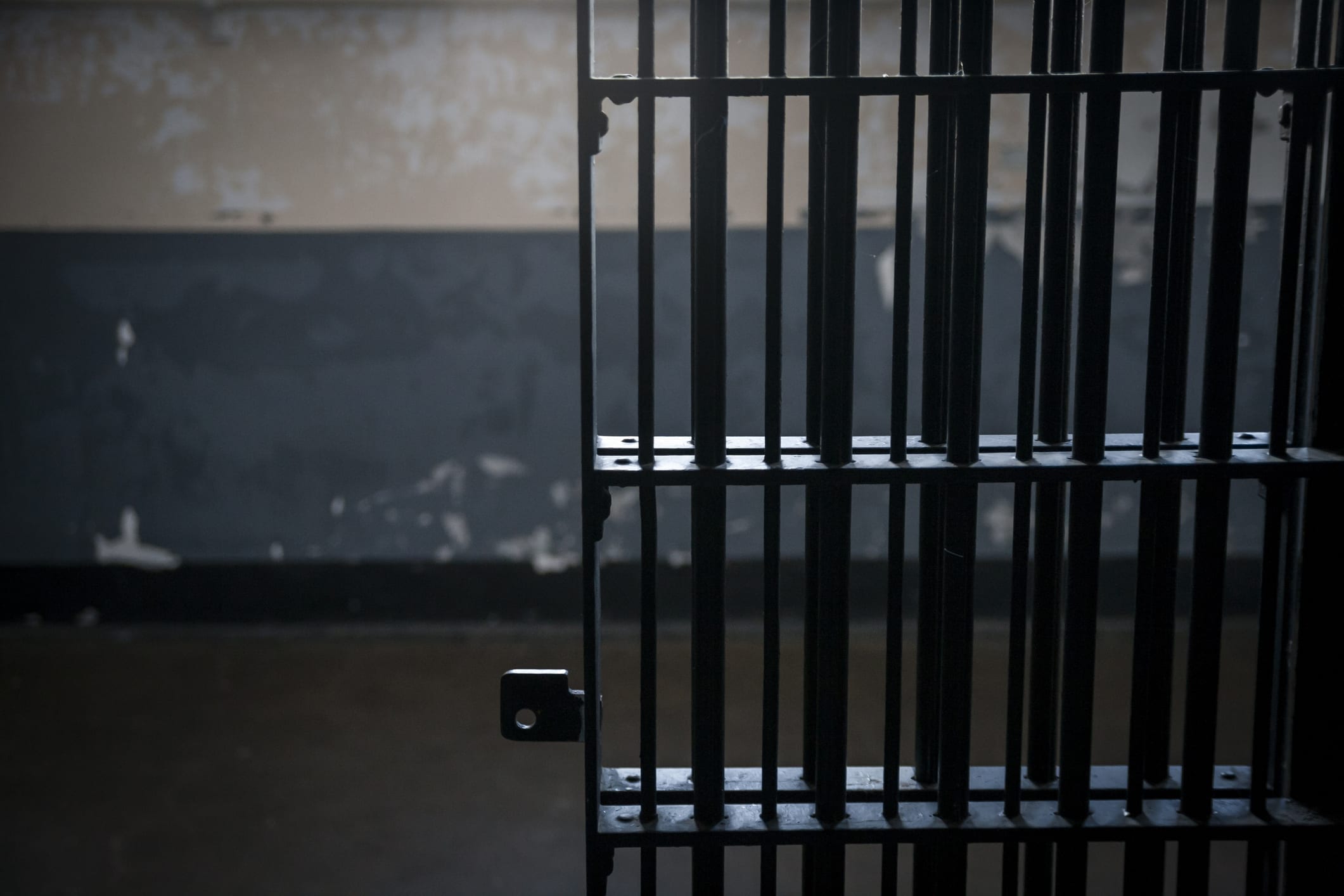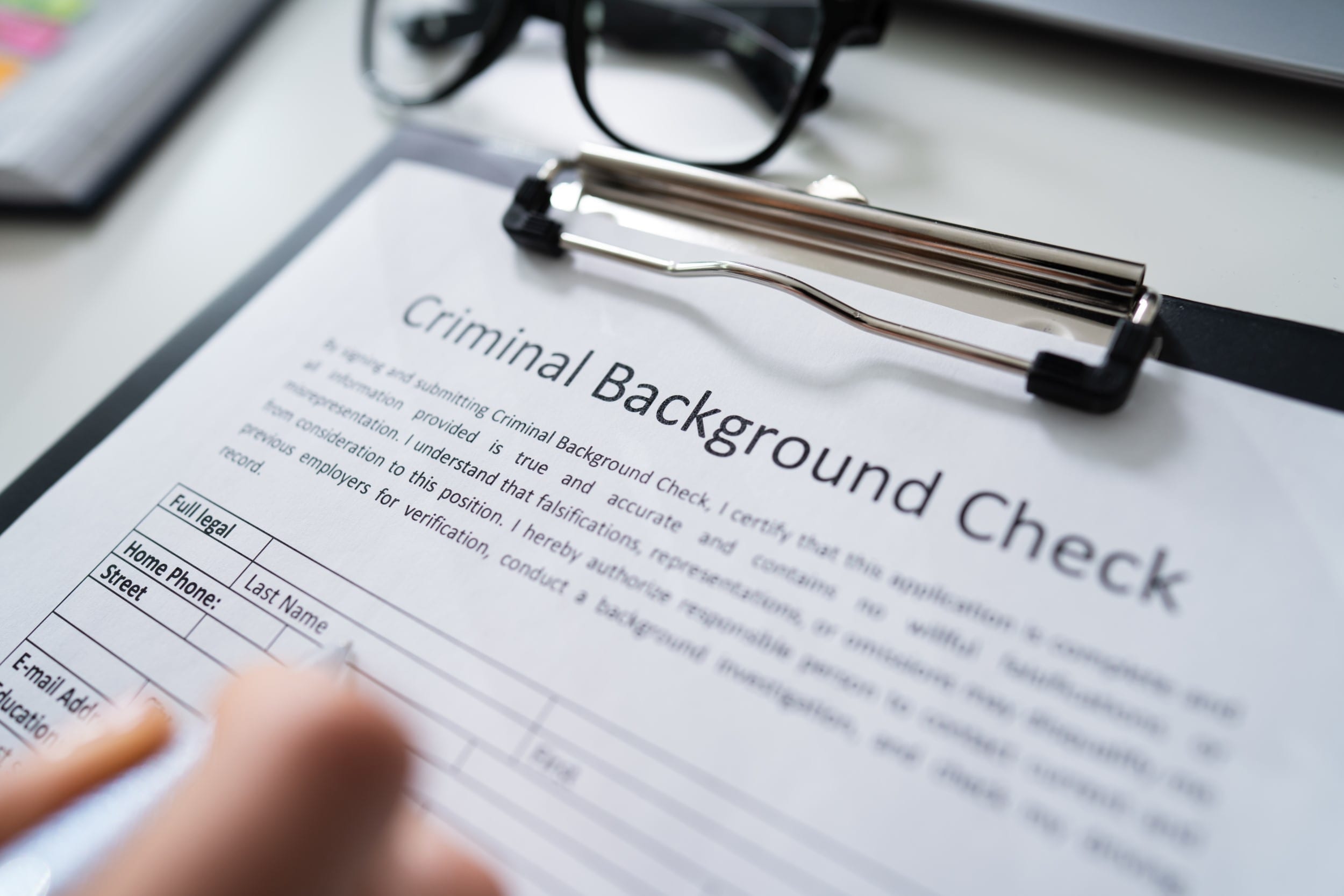Leaving prison with the best of intentions, I was ready to work hard — but not every employer wants to work with former prisoners, and I learned that firsthand after my release. Finding employment after prison can be really hard.
Backstory and Initial Employment
After being sentenced in 2009, I was released from prison in 2012 and got “off paper” in 2014. After a series of short-term, unfulfilling jobs, I decided to start working with some local programs that help incarcerated people and those with records. Employment after prison isn’t easy for anyone, and I thought I could help. Initially, I worked as a volunteer, but to support myself, I had to work evenings for money just to be able to volunteer with support groups during the day. Eventually, I began to run out of steam and realized that it was time to make my passion my job — in other words, I had to find a way to make money counseling others.
By April of 2018, one of the most supportive non-profits I knew told me that they would bring me on as a paid employee after I completed their training program. Around the same time, a different business in town told me that they may have a position for me if they got a grant they’d applied for.
At Last, Good Employment News After Prison
I completed the training program for the first job, but they never came through on the job offer.
Luckily, my good friend and colleague pushed the other job to make sure it followed up on their promise of a job offer. After a gut-wrenching weekend, they called me and told me I’d start on Monday.
They’d promised me a multifaceted job. It was the dream job I’d been seeking: teacher, advocate and connector. A great employment opportunity after prison. But five days in, the supervisor of that location called me and told me in a panic: “Headquarters doesn’t like that we hired you because of your record.”

I scoffed. I had been working with advocacy groups for over four months and openly speaking about myself as a formerly incarcerated person in countless public settings. Whenever someone asked me what I went to prison for, I would tell them. It’s not like my record should be a surprise to anyone. I was, after all, specifically hired to help formerly incarcerated people because my six-plus years as a formerly incarcerated job seeker uniquely qualified me for the position. Not to mention my college education, and my previous work as a teacher and coach.
I laughed because I had just finished watching a company training video that had impressed upon me multiple times how important it is to Google anyone you plan on doing business with —as an employee or an employer. If you Google my name, the internet is very clear about my record.
“I can’t believe this is happening!” my supervisor said. Eventually, her embarrassment turned to blame. “Why didn’t you tell us in your interview? Why didn’t you go into the details of your criminal record?” Then she mentioned that there was that moment in the interview when they asked me if there was anything else I’d like to add before the interview concluded. You should have told us then,” she said.
I laughed.
This is the opposite of our reality as formerly incarcerated people. If people don’t ask, we generally don’t tell. Finding employment after prison is hard enough as it is.
“Not to mention,” I told her, “I’ve discussed my charges at many public events, and they are available online for anyone to see.” She didn’t really respond to this. Instead, she blurted out, “I thought you just had a weed charge or something silly like that.” She shrugged her shoulders and tilted her head.
From Employment to Insult and Assumption After Prison
I can’t explain how insulting my boss’ comment was…
Which assumption was the most insulting?
- That I, a well-spoken, effeminate white man, couldn’t have possibly committed a “scary” violent crime?
- The implication that she believed drug dealing as more innocent than accusations of a violent crime?
It’s really hard to unpack how and why her statements and body gestures in that moment were so insulting. And to so many different people all at once … But they were. It was really clear in that moment that she wasn’t a true advocate, which was insulting in its own way.
It was so painful in that moment to realize how wrong she was for her job. She made a significant amount of money managing employment assistance programs that ensured the employment of millions of people in multiple counties.
Yet, she didn’t bother to do the due diligence in her own hiring, which the company training videos prescribed.
That moment was one of many that made me realize the truth of Groucho Marx’s old quip: “I don’t want to belong to any club that will accept me as a member.” It’s a dark thing to think that any people or any place that may accept you might themselves be unqualified to keep your company. Worse, that they may actually be dangerous to you.
I don’t want to think that this is a universal truth. But it’s certainly a hyperbolic example of the truth behind this insight. And it’s an important lesson for people seeking employment after prison.

Holding Your Prison Past Over Your Head
There are plenty of things to take away from this experience, and it ultimately had a positive outcome for me. I’m an optimist. And I believe that people are inherently good and moral. But life experience keeps on trying to undermine these beliefs.
It’s important for formerly incarcerated people to realize how horribly disadvantaged we are. How open that leaves us to a variety of dangerous and predatory behaviors.
Even if people don’t “take us in” for malicious reasons, the fact that they “took us in” means they may be negligent. They could be thoughtless or in some other way dangerously irresponsible or aloof.
It’s not a message I want to give to recently incarcerated people or their families.
But it’s something that keeps on reappearing in my experience. Even as I pass 12 years since I was accused of assault.
Beware.
People who know that you have a record often believe they have a special power over you. Whether this realization is immediate or gradual, it’s the reality of our caste system.
Most people will reject us immediately. They treat us as untouchable, as if we may put some kind of stain on their lives. Almost like our very presence may endanger their high status. For other people, they may see an employee they can pay a reduced rate. And for others, they may see a person who they can control, by the mere mention of calling the police.






